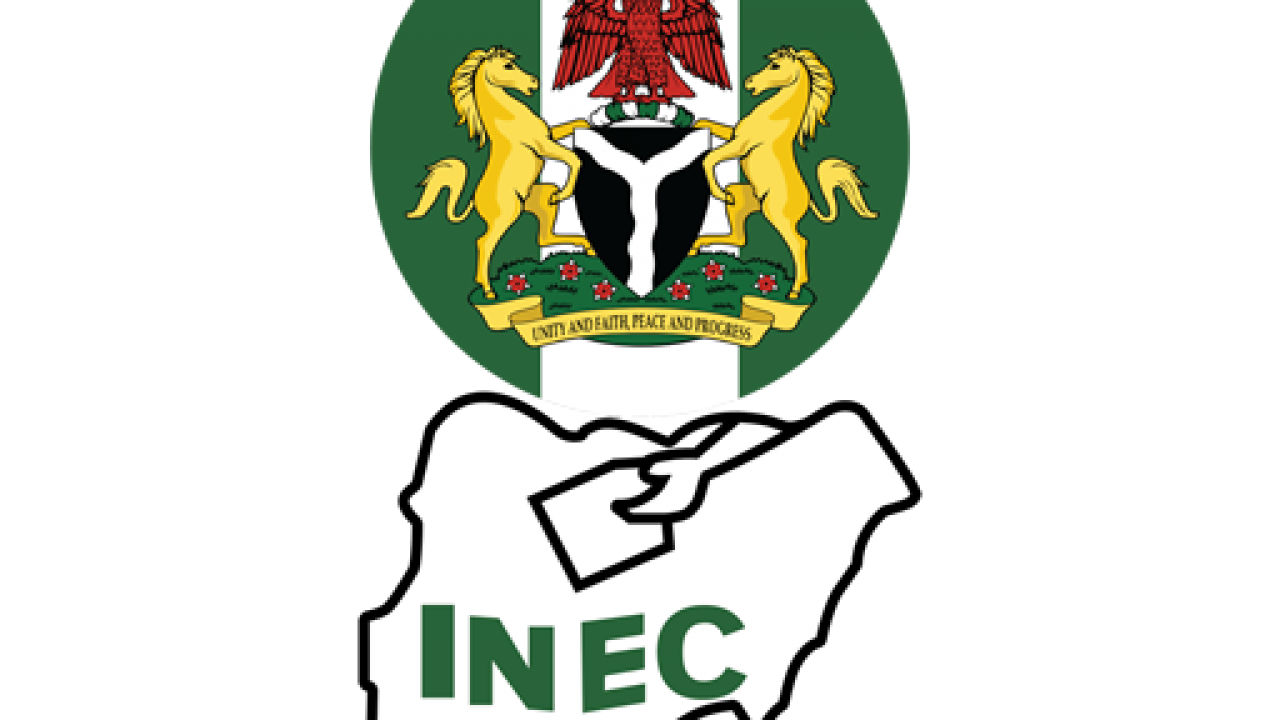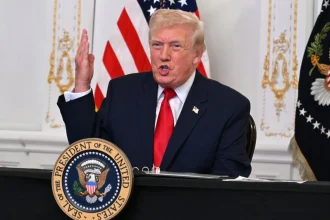The Independent National Electoral Commission has raised concerns over its inability to penalize politicians engaging in premature campaigns ahead of the 2027 general elections, citing loopholes in the current Electoral Act.
INEC Chairman, Mahmood Yakubu, addressed the issue on Wednesday during a stakeholders’ roundtable on early campaigning held in Abuja.
He pointed out that although Section 94(1) of the Electoral Act 2022 prohibits campaigns earlier than 150 days before election day, the legislation fails to outline penalties for violations.
“Quite correctly, Nigerians expect INEC, as registrar and regulator of political parties, to act in the face of the brazen breach of the law on early campaign. However, the major challenge for the commission is the law itself,” Yakubu stated.
He explained that the only existing penalty in the Act is a fine of up to N500,000 for campaigns conducted within 24 hours to polling day. Despite these restrictions, Yakubu noted, political actors continue to carry out campaign-related activities across the country.
“Around the country, we have seen outdoor advertising, media campaigns and even rallies promoting various political parties and candidates. These actions and activities undermine the commission’s ability to track campaign finance limits,” he said.
Yakubu added that the roundtable was convened to discuss possible solutions to the issue. He revealed that the national assembly is already in the process of reviewing the electoral framework, with INEC engaging lawmakers on potential reforms.
“As the national assembly is currently reviewing our electoral laws, the commission has also invited the leadership of both the senate and house of representatives committees on electoral matters. I am confident that they will give due consideration to actionable recommendations,” he said.
Also speaking at the event, INEC National Commissioner and Chairman of the Electoral Institute, Abdullahi Zuru, described early campaigns as a significant threat to Nigeria’s democratic process.
According to Zuru, political aspirants now use cultural festivals, religious events, branded vehicles, billboards, and social media influencers to promote their ambitions ahead of the officially sanctioned campaign period.
“When aspirants compete for visibility long before the official campaign period, it distorts fairness, raises the cost of political competition, distracts elected officials from governance, and erodes public confidence in the system,” he said.
He stressed the importance of updating the regulatory framework to clearly define premature campaigning, especially within the context of digital media platforms.











